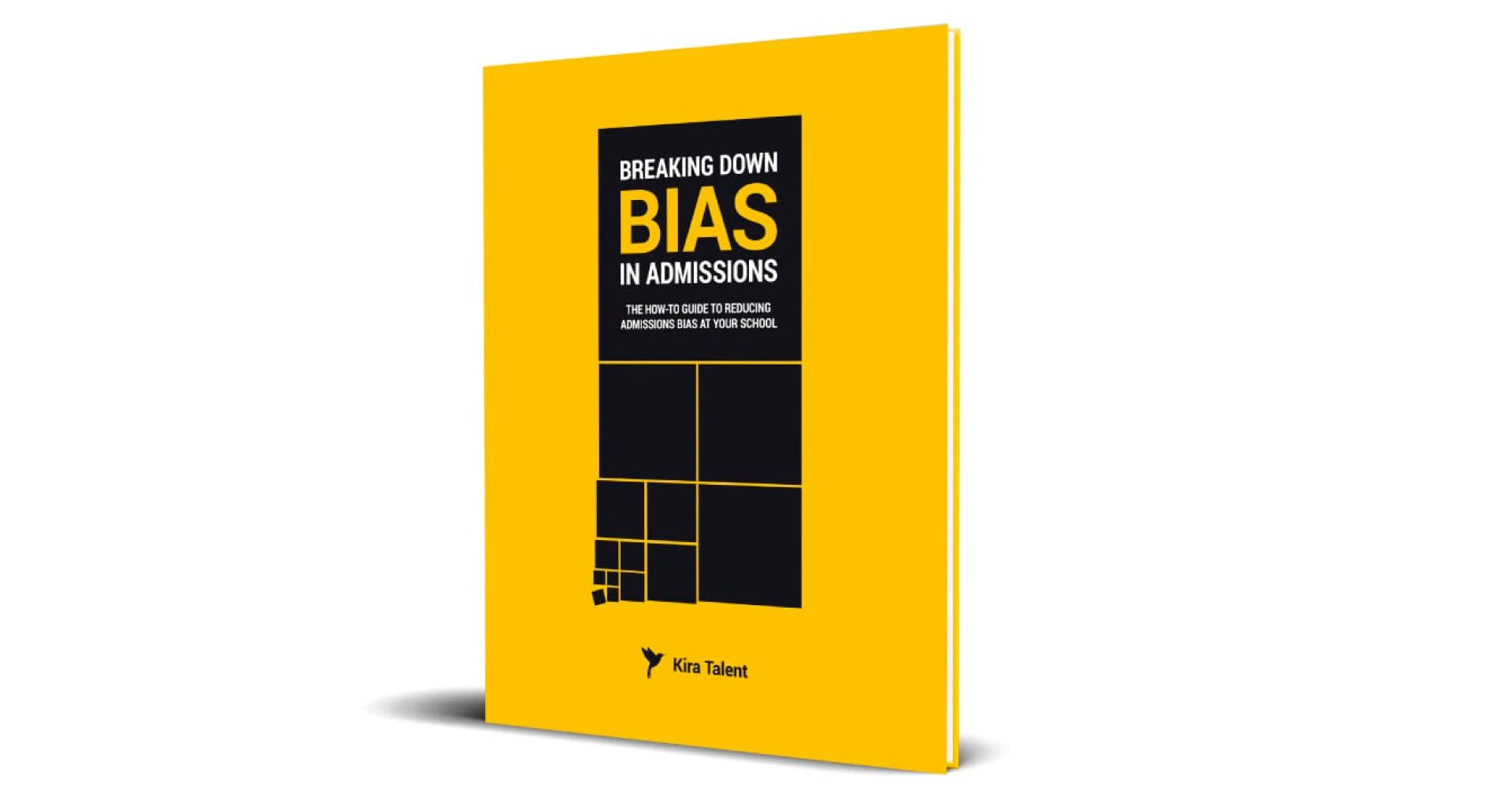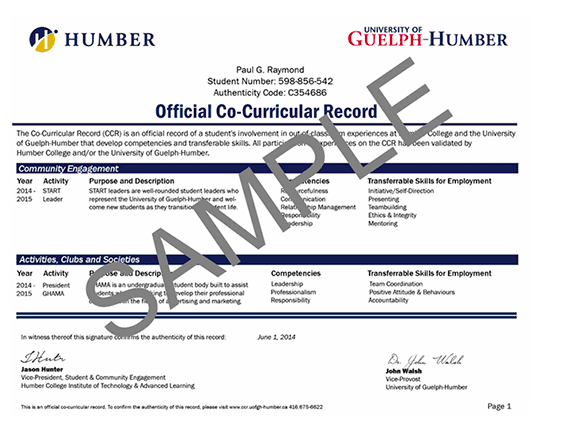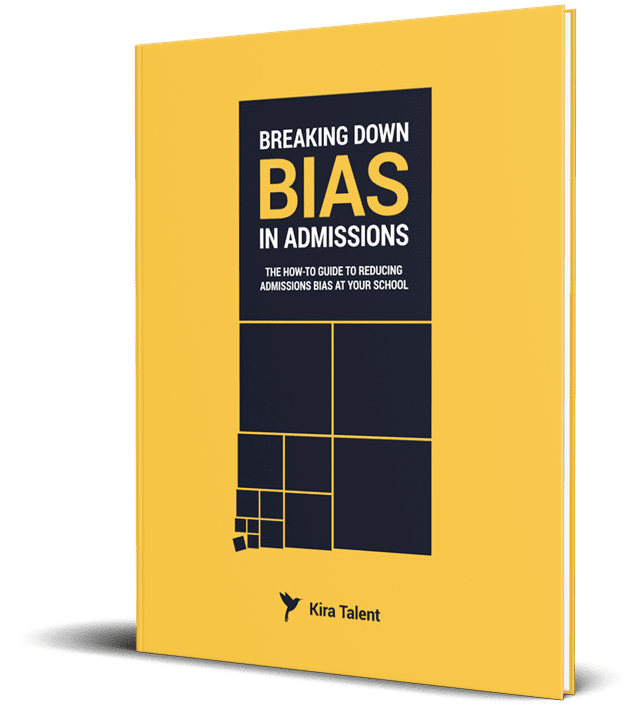In October 2018, a group of registrars and academics from the Association of American Universities gathered at the University of Toronto to discuss the future of the academic transcript.
The classic academic transcript provides an official record of each student’s course titles and grades. However, the benefit of the limited information on the traditional transcript is being questioned with course titles like, “Popular Potter, Gothic Horror, and Gal Pals: Women and Friendship.”
The group found that for the academic transcript to continue to be a helpful tool for students, more information is necessary on the content of the courses and the learning outcomes.
Bloomberg found that between 2000 and 2012, the demand for soft skills grew faster than technical skills. As the traditional transcript is being re-worked, how can students keep a record of the soft skills they developed in post-secondary?
Co-Curricular Programming and Tracking
Until we have an academic transcript that encompasses the students’ learning and development inside and outside of the classroom, a Co-Curricular Record/Transcript (CCR/T) will allow your students - and your administration – to better understand the soft skills that are developed on your campus.
Richard Levin, U of T’s executive director of enrolment services and registrar, said “they are enthusiastic about having the current transcript supplemented by a co-curricular record that documents their involvement in activities like clubs and volunteer work.”
CACUSS, the Canadian professional association for student affairs and services professionals, defines the CCR/T as a “program [that] provides an official document validating a student’s achievement and involvement through a specific post-secondary institution’s defined Co-Curricular programming.”
Kim Elias, who has completed research on the Co-Curricular Record/Transcript, found that only four percent of polled employers indicated that applicants are excellent at describing the soft skills that they developed outside of the classroom.
“If a student is a residence don, there is valuable learning and skills developed through that experience. However, if an employer does not know what a don is, and the student does not effectively articulate the skills developed through that experience, then the value is lost, and the assumption is that the student does not possess those skills,” says Elias.
History of the Co-Curricular Record/Transcript (CCR/T)
The Co-Curricular Record/Transcript has had many identities over the past thirty years: It is also known as the co-curricular transcript, experiences transcript, or as far back as its inception in the 1980s, the student development transcript (Ohochukwu 47). Regardless of its name, all of these terms represent how institutions of higher education have been tracking student involvement on-campus for over 30 years.
Starting with the name “Co-Curricular”, this programming and documentation allows your school to emphasize the importance that activities outside of the classroom can have on your students’ learning and development. Using the prefix “co” puts these activities on the same level of academics - not just something “extra” that they take part in, which is the connotation when called “extra-curricular activities”.
The CCR/T not only provides students with an official institutional document similar to an academic transcript, it provides a description of that activity, the specific role that the student held, and the competencies that the student developed through their participation.
Here's an example from the University of Guelph-Humber:
The American Association of Collegiate Registrars and Admissions Officers (AACRAO) found that in 2018 only four percent of surveyed schools have a CCR/T.
However, as was revealed in their qualitative data, some CCR/T are not issued through the transcript office so the respondents may not be aware that their institution issues CCR/T or the details of the process.
North of the border, more than 50 schools in Canada have a CCR/T resulting in a new wave of students finishing their studies with two official transcripts – one for academics and one for co-curricular programming.
As we embark on an exciting journey to update the academic transcript, introducing a CCR/T will allow your students to understand their soft-skill development and help them relay this information to future employers.




